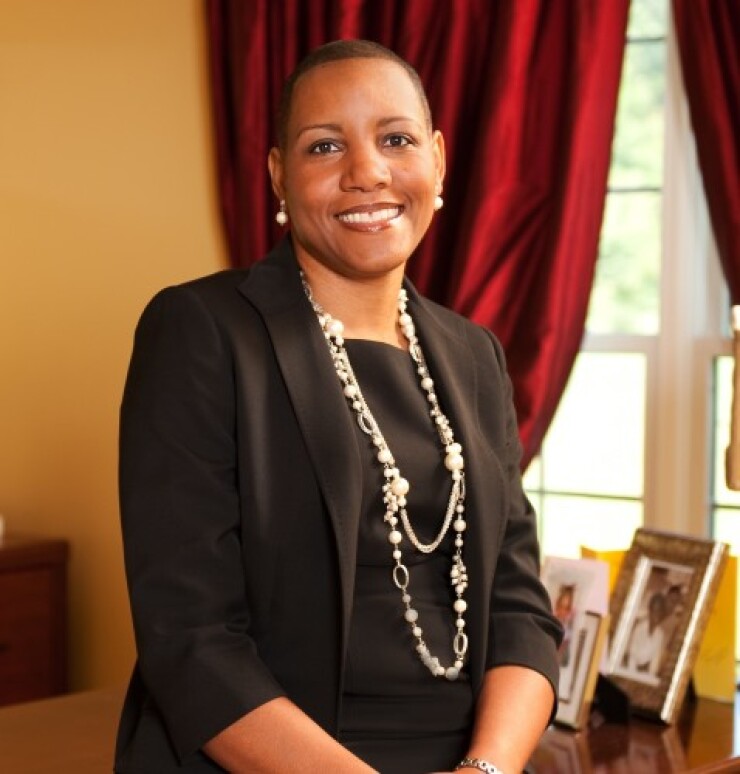As with most market downturns, you never see it until it happens. Of course, you may suspect it, but the actual day surprises you.
I was expecting one for years. I understand it is a natural part of the business cycle. We were due. It had been 11 years from the greatest recession we've experienced since World War II. I just didn't expect it to be something we couldn't visually see — a virus.
In my adult life, I have experienced three recessions, the 1990-91 savings and loan crisis, the 2001 dot-com bubble crash followed by 9/11, and the 2008 subprime mortgage crisis. No matter how you intellectually understand and expect recessions, it doesn't lessen the impact they have on your life, outlook, finances and yes, emotions.
The possibility of losing your source of income is scary, especially when you have financial obligations for your family. During the first recession I experienced, I was single with no children. If things didn't work out, I knew I could just go home or go back to school. Now my husband and I have major obligations and responsibilities. How we respond impacts the future, as well as our hopes for our daughter and her generation.

A psychotherapist told me years ago that anxiety comes from our fear of the future. When the market started dropping sharply with information about the spread of the coronavirus, I stopped watching the business news channels and began only reading articles. Continually watching the news cycle repeat information over and over again affected my mental state.
I identify with what many of my clients may be experiencing. What keeps me calm is my belief system; my knowledge about history and the markets; and the power of community, ingenuity and innovation. I acknowledge that this is, and always has been, our strength. With that comes opportunities for our economy to learn and grow. That gives me hope. Because of my hope, I am not afraid of investing in the future. That's what I try to convey to my clients during this fraught time. I acknowledge how they feel, because ignoring it shows a lack of compassion. But I also try to share hope. I've been explaining to clients that there are opportunities while re-emphasizing the need to focus on their specific financial goals.
This is what I personally do and is what I feel is important for them to understand. As financial professionals, we are not immune to anxiety and fear. We are just informed.
It is in times like these when we confer the most value on our clients by using our knowledge, expertise and information to help them stay focused, calm and on track.





